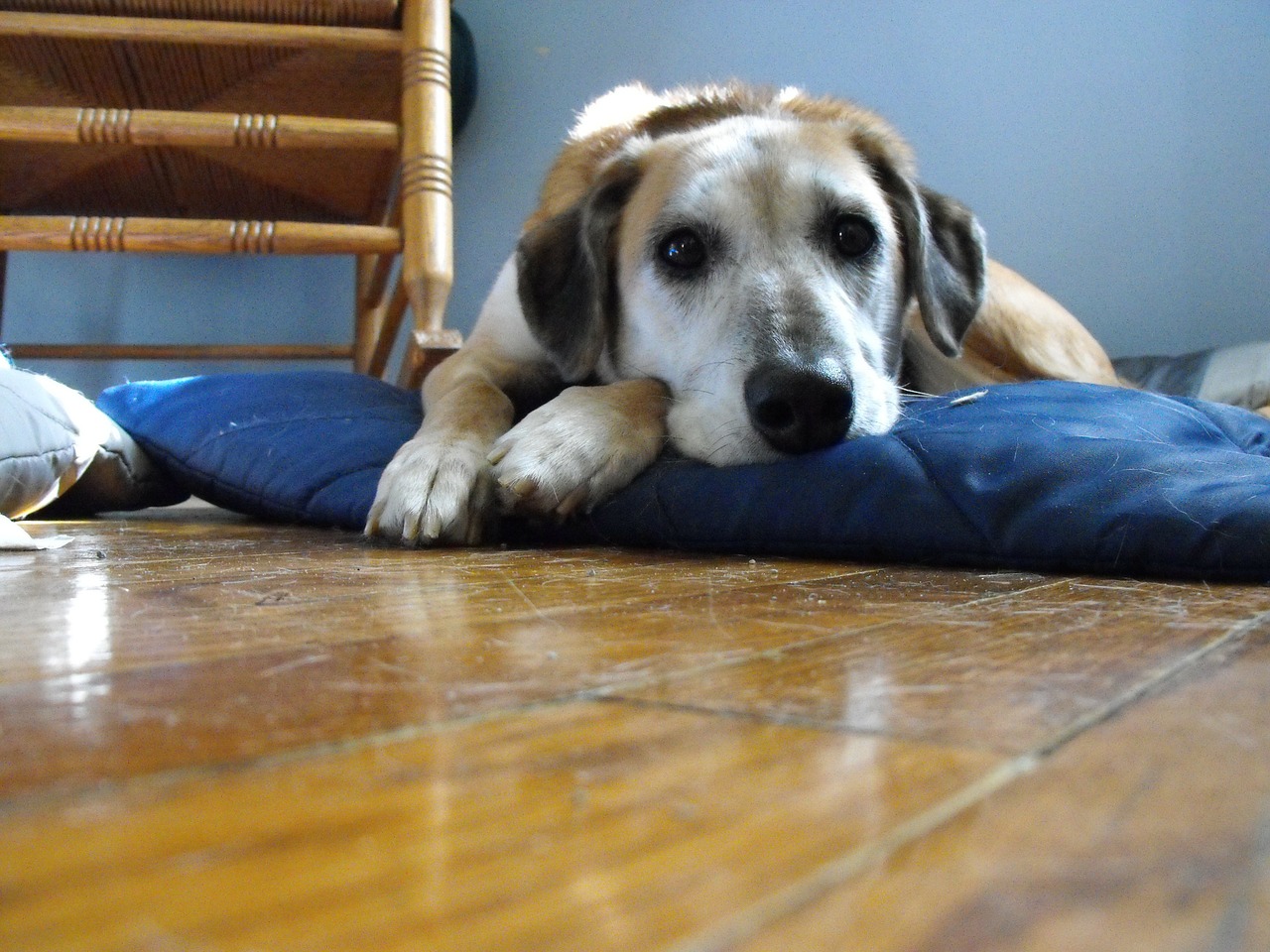Many dog owners aren’t aware of one of the most common and dangerous threats to a dog’s health: bloat. Also known as “stomach torsion,” or Gastric Dilatation-Volvulus (GDV), bloat is the second leading killer of dogs, after cancer. As such, it’s imperative that you know how to help prevent bloat in your dog, and how to detect bloat if it should occur.
What is Bloat?
Bloat begins when a dog’s stomach fills with air or any combination of air, fluid, food, or foam, causing the stomach to swell (also known as dilation). As the stomach swells, it may rotate 90° to 360° (also known as volvulus), twisting its attachments at the esophagus and intestine and cutting off the organ’s blood supply, trapping air, food and liquid inside. The loss of blood to the stomach causes tissue death and the stomach may also press against the lungs, constricting breathing. The combined effects can kill a dog in a matter of hours.
The mortality rate of bloat is an alarming 95 percent, although that number includes the vast majority of dogs whose owners can’t or don’t seek medical attention for their pet in time. If you are able to recognize bloat early and get your dog to a vet quickly, his chances of dying drop to as low as 15 percent.
What Causes Bloat?
Sadly, the precise cause of bloat in an afflicted dog is often un-diagnosable, after the fact. However, there are a number of potential instigators, which should be limited or avoided all together:
- Dogs who eat one meal a day are twice as likely to experience bloat as dogs who eat two or more smaller meals throughout the day.
- Rapid eating or drinking greatly increases a dog’s chance of bloat. If your dog typically wolfs down her food, try a “slow-feed” bowl. There are “slow-drink” water bowls, as well.
- Exercise or activity right after eating is a major contributor to the potential for bloat. Do not let your dog roll, play, or run for at least an hour after a meal.
- Some studies suggest that too much dry food – especially dry foods containing citric acid preservatives – can contribute to bloat. Aim to feed your dog a high-protein, high-quality diet, preferably with bone and raw meat ingredients (for more information, read our post on the ancestral diet).
- Some veterinarians believe that dogs who eat or drink from elevated bowls may be more susceptible to bloat.
- Finally, stress can lead to bloat. Make sure your dog has a calm environment when eating. If she seems stressed in general or temperament, be extra-vigilant about prevention measures and watching for signs of bloat.
How to Spot Bloat
There are a number of signs that may indicate bloat, including:
- Attempts to vomit, typically unsuccessfully – this is the primary hallmark symptom of bloat, including dry heaving, vomiting mucus or foam, gagging, or a strange cough.
- Exhibiting anxiety or discomfort – watch for your dog pacing, whining, acting strangely, or perhaps looks hunched, restless, or generally unhappy.
- Swollen belly – if experiencing bloat, your dog’s stomach may be visibly distended and tight to the touch.
- Pale or slightly blue-tinged gums – this symptom may be accompanied by excess saliva, drool, or foamy mucus.
- Licking the air
- Looking at his side or looking for the source of the pain
- Shallow breathing, accelerated heartbeat, or weak pulse
Susceptible Breeds
Though it’s true that some breeds of dog are more susceptible to bloat than others, all dogs can experience bloat, and all pet owners should be aware of the risks. That being said, owners of deep-chested or larger dogs should be extra vigilant. The following breeds are some of the most predisposed to bloat:
- Basset Hound
- Bernese Mountain Dog
- Boxer
- Doberman Pinscher
- German Shepherd
- Gordon Setter
- Great Dane
- Irish Setter
- St. Bernard
- Standard Poodle
- Weimaraner
Watch for our next blog post to learn what to do if you detect possible signs of bloat in your dog.
For pet care that is committed to the greatest health and well-being of your dog, call us at Sarah’s Pet Care to talk about your options for dog walking, park trips, overnight pet sitting, and other pet care services!
